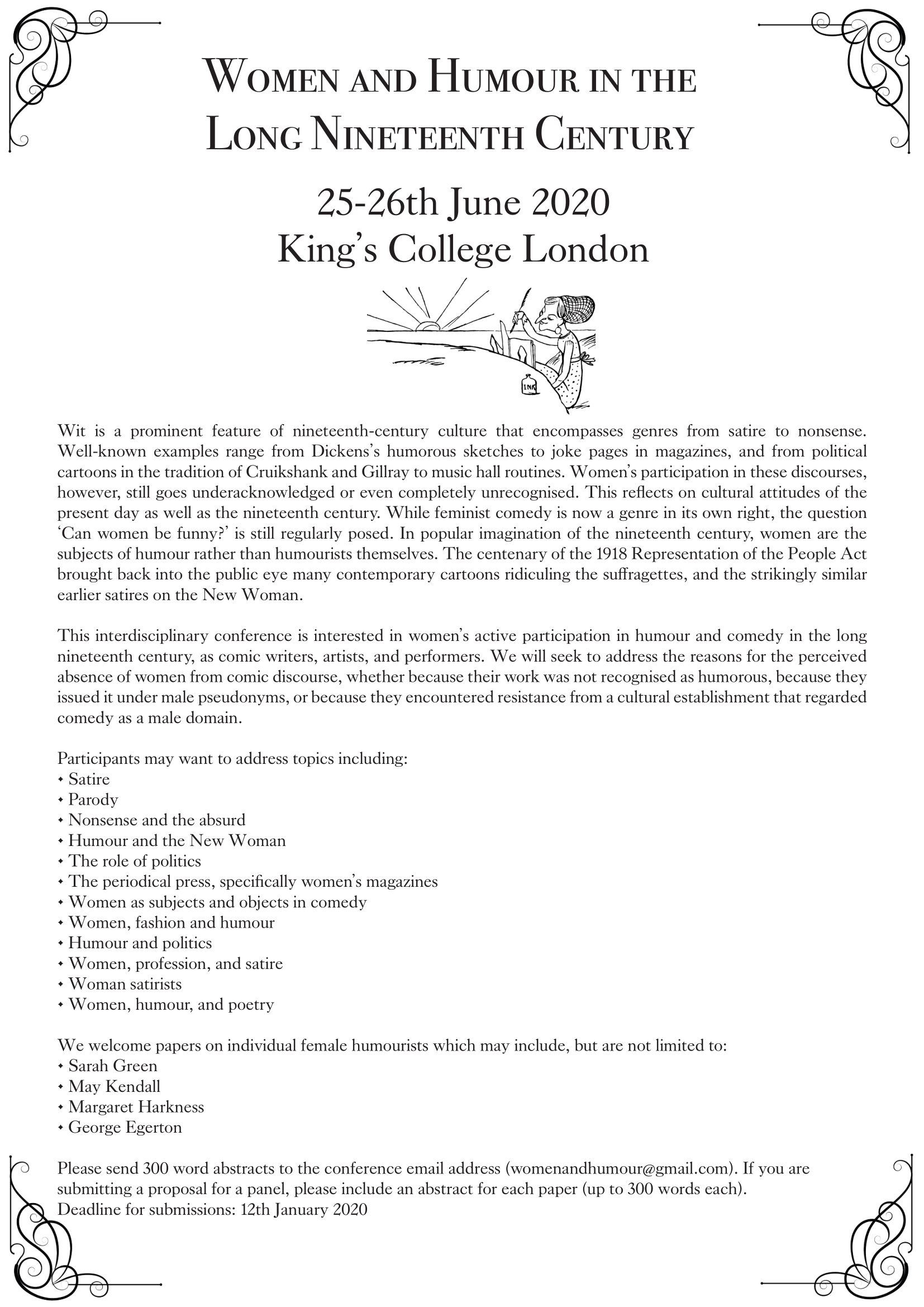Call for Papers
Critical Race Studies and the Premodern: Archive and Seminar
Funded by the CHASE Consortium, the Universities of East Anglia and Sussex are hosting two postgraduate training workshops on critical race studies and the pre-modern. The first of these will be held at the University of East Anglia, 23-24 March 2020, and will focus on teaching and pedagogy; the second will be held at The University of Sussex, 8-9 June 2020, and will focus on research. Both events are designed to develop students’ professional skills. We invite expressions of interest from all postgraduates working in the Humanities (giving papers, designing and chairing sessions, attending).
This collaboration seeks to foster dialogue around race in the scholarship and pedagogy of medieval and early modern studies, within the context of decolonising the curriculum. Race is an area of intense interest and concern for academics and undergraduates, but also for doctoral students negotiating questions of race in their own research and early teaching experiences. It is often assumed that the initiative to decolonise universities and their curricula began with activist demands to remove a statue of Cecil Rhodes from the University of Cape Town (in 2015), a movement then rapidly taken up in Britain. Yet whether in explorations of the ‘post-colonial Middle Ages’ (Cohen, 2000) or the ‘darker side of the Renaissance’ (Mignolo, 1995), or earlier initiatives, the scholarly study of earlier periods has long confronted such questions (see, more recently Geraldine Heng, 2018). In medieval studies, following the lead of Medievalists of Color in light of recent controversies, these debates have started. For early modern studies, initiatives such as RaceB4Race are also opening the conversation in the US. Our initiative creates the opportunity for postgraduates to participate in an urgent conversation and to intervene at a critical moment for the discipline. The events will reassert the importance of the medieval and early modern periods for any understanding of ideas underpinning conceptions of race and coloniality. They will explore how these periods can be taught and researched in ways that inform contemporary debates about the legacies of imperialism and slavery, and the historical construction of whiteness. This will involve questions of the coloniality of power, gender, and ideology, the nature and extent of the canon, critical languages, materiality and curatorial practices, as well as the histories, current states, and futures of our disciplines.
An indicative outline of session topics for each event is as follows:
East Anglia: Teaching Race:
Confirmed Plenary Speaker: Mary Rambaran-Olm
Critical Vocabulary
Decolonising The Curriculum (theoretical, conceptual, historical; disciplinary self-consciousness/history of the discipline)
Canonicity and Anthologising
Decolonising the Curriculum (Practical)
New Resources
New Directions (conclusion, summary)
Sussex: Researching Race:
New Perspectives on Research into Race
Recovering Race from the Archive
Race and Religion
Staging Race
Material Cultures
The Way Forward
Each session will be led by a postgraduate (or postgraduates), with a designated faculty member as support.
If you wish to attend either or both please send expressions of interest, ideas, comments, alternative themes the contact addresses below by Friday 24 Jan. Please accompany your comments with a statement of your research interests. We actively encourage and welcome proposals and enquiries from BAME students.
For the East Anglia event: W.Rossiter@uea.ac.uk
For the Sussex event: a.hadfield@sussex.ac.uk
- B. CHASE students are eligible for funding to attend this event: see the CHASE website for further details.
.
.
Category: Archived Call for Papers
.
Tags: Call for Papers, CFP, Decolonising The Curriculum, Premodern, Race


